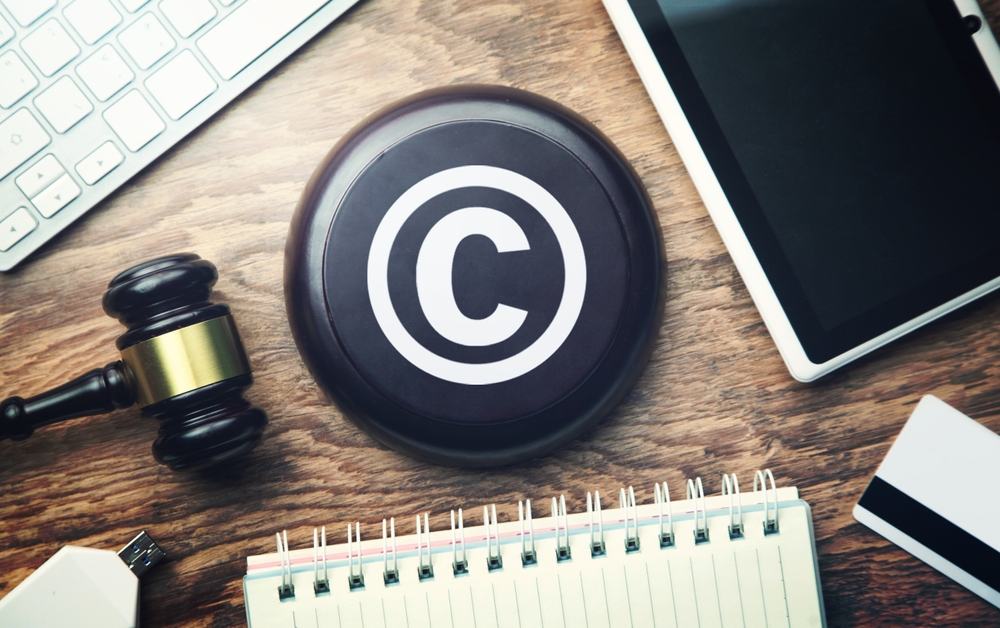[vc_row][vc_column width=”1/2″][vc_column_text]
The Pandemic’s Lasting Impact on the Profession
The pandemic has impacted almost every industry around the globe, and the legal profession is no exception. Attorneys, courts, and others were forced to adopt technological solutions during the pandemic. As a result, things may never be the same. Here’s why.
Technology allows us to meet clients more conveniently.
Developing a trusting relationship with a client is central to an attorney’s ability to achieve a positive outcome. During the pandemic, many attorneys realized the value of offering video calls for initial consultations and ongoing regular communications. Connecting through video connections saves time for both parties and enhances the quality of communications versus a phone call. WilliamsMcCarthy LLP attorneys now offer video conference options, and clients have enjoyed the flexibility.[/vc_column_text][/vc_column][vc_column width=”1/2″][vc_video link=”https://www.youtube.com/watch?v=m3CFFXJt6q8&list=PLu6KDpdkgNTMCdGKLhoj8fIJdSsvrGoDL&index=22″][/vc_column][/vc_row][vc_row][vc_column][vc_column_text]Video conferencing opens avenues to test our strategies earlier and more often.
Online jury research has been available for more than a decade, but COVID-19 enhanced its popularity according to Magna Legal Services, an organization that provides end-to-end litigation support services to law firms, corporations, and governmental agencies.
“Technology always has slow adopters, and that is also true in the legal profession. COVID-19 forced some of them into the deep end, and once they decided to take advantage of what technology offered, they enjoyed it,” said Ross Suter, SVP of Litigation Solutions at Magna Legal Services. “Something like Jury Confirm, our online jury focus group testing, allows attorneys to test their strategies earlier in their process at a fraction of the cost of in-person jury testing.”
Services like Magna’s Jury Confirm tool inform jury selection, provide feedback on arguments and litigation themes, and provide critical insight into the kinds of damages a jury might award at trial. Its all done remotely by setting up a mock trial online, with “jurors” from your designated venue participating through live video feed and lawyers putting on a condensed version of their case in a virtual courtroom online. After the evidence is presented, the “jurors” deliberate online in a way that allows the attorneys to listen in and learn what resonates, or not, and how the jury arrives at a damage award.
WilliamsMcCarthy litigation partner Joel Huotari says, “I’ve used Magna’s Jury Confirm online focus group tool a few times now, and it is always illuminating. It can provide insight that helps shape the outcome of the case. It is one of those new tools that lawyers and clients should consider using when the risk of trial presents a huge range and a better understanding of the actual exposure is needed. It is also a great way for clients to hear unvarnished opinions about the strength of their case, which can help inform settlement discussions.”
Multi-media exhibits communicate more visually and effectively.
They say a picture is worth 1,000 words, and the value of that image, especially when it is an exhibit central to a case, cannot be underestimated. Try explaining the details of an accident versus recreating a visual simulation and the difference is clear. Leveraging the latest technology to develop case presentations helps present evidence impactfully, and shapes interpretation and perceptions. The U.S. District Court for the Northern District of Illinois is changing with the times, and effective February 1, 2021, it will allow parties to file digital audio/video exhibits electronically via the court’s website.
Technology helps keep the wheels of justice moving.
The pandemic changed the way trials, depositions, and court hearings take place. However, cases must move forward. Past video teleconferencing solutions were expensive and intimidating to new users. However, our societal comfort level has necessarily changed thanks to the pandemic due to the routine practice of communicating through mediums like Zoom and TEAMs, which have proven to be- not only effective but in some instances preferable to traditional practices. These tools kept the wheels of justice moving through the pandemic, and we anticipate they’ll remain a feature of the legal profession evermore.
COVID-19 greatly accelerated the adoption of technological solutions and imposed efficiencies in the legal practice that may have taken many more years to develop organically. In the process of addressing a crisis, the legal profession discovered how to adapt and use tools that benefit the clients, the lawyers, and the Courts. For all the hardship COVID-19 has imposed, it will at least enjoy the legacy of pushing the legal profession into a new era of technological proficiency.[/vc_column_text][/vc_column][/vc_row][vc_row][vc_column][vc_column_text]If you need representation from the attorneys in our Litigation Group, WilliamsMcCarthy LLP welcomes your call at (815) 987-8900.[/vc_column_text][/vc_column][/vc_row]





